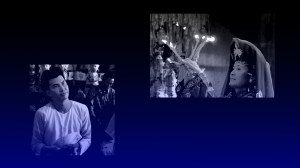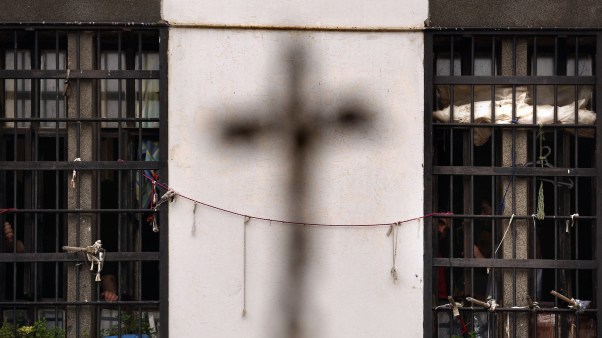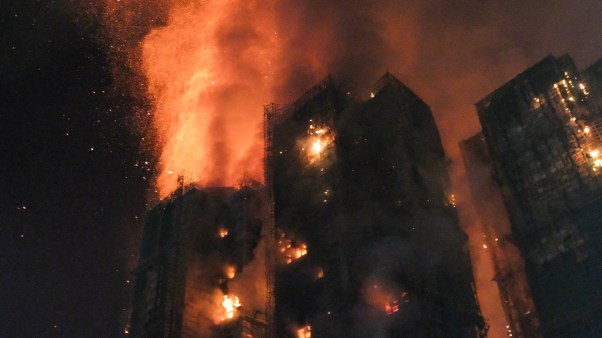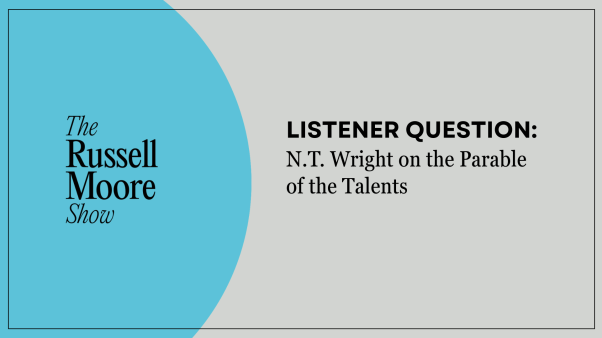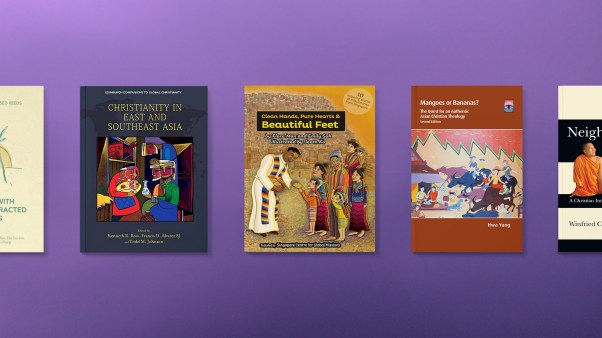In this series
Shamanism in Thailand has roots in ancient animism, predating Buddhism and Hinduism. Animism involves belief in supernatural beings and forces that influence lives and the natural order. In this context, shamanism centers on interactions with spirits to affect people’s well-being.
Today, shamanism exists within Thailand’s unique blend of Buddhism, Hinduism, and animistic traditions. Buddhist monks and Hindu priests can interact with spirits but do not invite possession. Shamans, by contrast, actively participate in possession, making their role distinct in Thai spirituality.
Thai society respects shamans, known as mo phi, because their work addresses life’s practical and spiritual concerns. They are valued community figures and respected spiritual guides who influence spirits to prevent harm and promote health, prosperity, and peace.
These practices endure in modern Thailand because they fulfill deep-rooted needs for health, safety, prosperity, and well-being. By addressing challenges that modern medicine cannot resolve, shamanism remains relevant. Such practices are especially prevalent in rural areas where rituals are held to influence spirits, meeting community needs and maintaining the role of shamanism in daily life.
Shamanism’s influence has an interesting overlap with the growth of Christianity in Thailand, especially within Pentecostal and Charismatic movements. These Christian groups address needs like health and security, which align with shamanistic goals. By offering assurance and a sense of peace through prayer and healing, these movements resonate with Thai cultural values. The shared focus on meeting practical life needs has allowed Christianity to attract individuals who are practicing shamanism or who might otherwise turn to shamanism.
Shamanistic beliefs have also subtly shaped Thai evangelical theology, particularly in the understanding of God and healing. Shamanism preserves the idea of a relational supernatural being, making the Christian concept of a personal, approachable God accessible to Thai Christians. Furthermore, the emphasis on healing within shamanistic practices aligns with Thai Christians’ belief in divine restoration for health and well-being, enhancing the appeal of Christian healing ministries.
The Thai church formally rejects spirit-based practices, like tying thread around one’s wrist to bring a wandering soul back to one’s body, but recognizes the spiritual orientation in Thai culture. Consequently, Pentecostal and charismatic churches emphasize experiences like healing and exorcism, aligning with the cultural expectations of Thai Christians. Although these practices aren’t directly influenced by shamanism, they reflect an awareness of the spiritual framework of Thai society, making the church’s message accessible and relevant.
Thai people like using symbols to denote their beliefs, and this can also be helpful in evangelism. While most churches in Thailand refrain from using candles due to their association with shamanistic rituals, lighting candles during a funeral can symbolize the light of God and provide Thais with a more concrete understanding of the gospel.
In my ministry, I’ve encountered the challenges of engaging with shamanistic practices. In one experience, a woman named Noi faced serious consequences for converting to Christianity. Her family, adherents of the Tiet spirit, blamed her faith for sicknesses in the family and pressured her to perform rituals to appease the spirit. She was later expelled from the clan.
In another case, during a baptism by the Mekong River, a shaman claimed that the guardian spirit of the area planned to take the believer’s life at the baptism site as punishment for becoming a Christian. However, a snake appeared at the site and chased the believers away to another location. Later, a villager drowned at the first baptism site. The shaman attributed this tragedy to the guardian spirit’s anger over the baptized believer’s acceptance of Christ.
These incidents underscore the need for deep discipleship for Thai Christians, who often face spiritual and social pressures. Bible passages like Deuteronomy 18:9–13, where God forbids occult practices, and Ephesians 6:10–20, which talks about putting on the full armor of God, discourage shamanistic rituals and advise reliance solely on God for guidance and protection. For Thai believers, these verses reinforce that security is found in God, helping them navigate a context rich in spirit-based traditions.
Chansamone Saiyasak is the president of Mekong Evangelical Mission. Read more in our series’ lead article, Shamans, Sorcerers, and Spirits: How Christians in Asia Grapple with the Supernatural.









